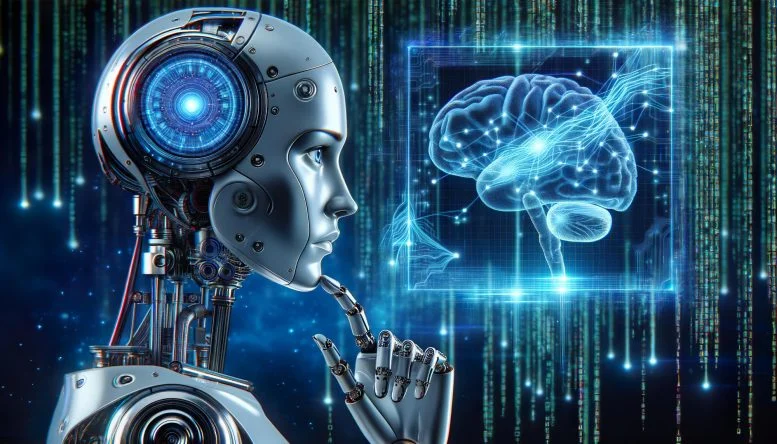Artificial Intelligence (AI) has rapidly evolved over the past few decades, transforming industries and redefining the way we interact with technology. From self-driving cars to intelligent virtual assistants, AI is becoming an integral part of our daily lives. But what does the future hold for this revolutionary technology? Let’s explore some of the most promising developments in AI and how they might shape our world.
The Rise of General AI
Currently, AI operates within narrow domains, excelling at specific tasks such as language processing, image recognition, and recommendation systems. However, researchers are working towards the development of Artificial General Intelligence (AGI) – machines capable of performing any intellectual task that a human can. If achieved, AGI could revolutionize industries by making decisions, solving complex problems, and even improving itself over time.
AI in Healthcare
The medical field is already benefiting from AI applications, from diagnostic tools that detect diseases faster than human doctors to robotic surgeries that enhance precision. In the future, AI could assist in drug discovery, personalize treatment plans based on genetic profiles, and even predict disease outbreaks before they occur. These advancements have the potential to increase life expectancy and improve overall healthcare outcomes.
AI and Ethics
As AI grows more powerful, ethical concerns become more prominent. Issues such as job displacement, data privacy, and bias in AI algorithms require careful consideration. Governments and organizations are working on regulatory frameworks to ensure AI is developed and used responsibly. Transparency, fairness, and accountability will be key factors in building trust between AI systems and the public.
The Role of AI in Everyday Life
Smart homes, autonomous vehicles, and AI-powered personal assistants will soon become the norm. Imagine waking up in a house where AI adjusts the temperature, prepares your coffee, and schedules your day based on real-time data. AI’s ability to analyze vast amounts of information will make our lives more convenient and efficient, changing how we work, communicate, and entertain ourselves.
Conclusion
The future of AI is both exciting and uncertain. While the possibilities are vast, challenges remain in ensuring that AI benefits humanity as a whole. By addressing ethical concerns, fostering innovation, and embracing responsible AI development, we can create a future where humans and AI coexist harmoniously. As technology continues to evolve, one thing is certain – AI will play a crucial role in shaping the world of tomorrow.


